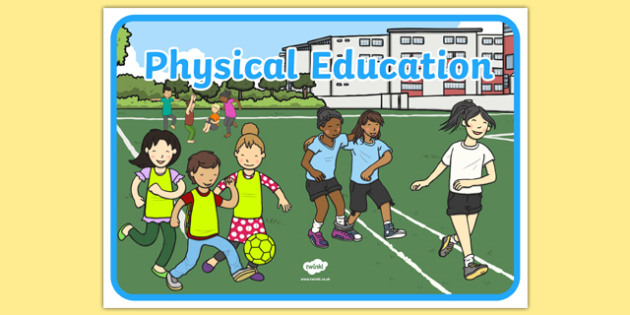

- What is p e program how to#
- What is p e program full#
- What is p e program registration#
- What is p e program code#
What is p e program registration#
On the website, you will find a link to the registration form and the program packet. Towner after you arrive to get a parking pass. During face-to-face meetings, parking is available in the Appalachian parking deck on Rivers Street. Parents are welcome to attend class in any format as often as they wish. For more information on the SPARK curriculum, check out their website at. The SPARK curriculum has been shown to improve students’ motor skills, to improve students’ fitness, and to be enjoyable for students in a variety of research studies. We use the innovative SPARK physical education curriculum in our PE program. These age cut-points are approximate – class placement is based on both age and developmental level. We offer classes at three developmental levels: Cadets (5-6 years), Juniors (7-8 years), and Seniors (9+ years). All lesson planning and instruction is supervised by Dr. Towner is an assistant professor in the App State HPE program, is a Certified Physical Education Teacher, and has physical education experience in both public school and recreational settings.Ĭlasses are taught by junior-level physical education majors in Appalachian's PETE program in conjunction with a university course in elementary physical education teaching methods. The App State Home School PE Program is a part of the App State Health and Physical Education (HPE) Program.
What is p e program full#
$ 30 per child for the full academic year (includes t-shirt)ĥ-12 years (must turn 5 by September 10, 2021) Varsity Gym on App State Campus ( see campus map )
What is p e program how to#
Through the range of experiences that PE offers, they learn how to be effective in competitive, creative and challenging situations. They take on different roles and responsibilities, including leadership, coaching and officiating. They work as individuals, in groups and in teams, developing concepts of fairness and of personal and social responsibility. PE helps students develop personally and socially. As a result, they develop the confidence to take part in different physical activities and learn about the value of healthy, active lifestyles.ĭiscovering what they like to do, what their aptitudes are at school, and how and where to get involved in physical activity helps them make informed choices about lifelong physical activity. They also reflect on their own and others’ performances and find ways to improve upon them. When they are performing, they think about what they are doing, they analyse the situation and make decisions. They develop a wide range of skills and the ability to use tactics, strategies and compositional ideas to perform successfully. Physical Education (PE) develops students’ competence and confidence to take part in a range of physical activities that become a central part of their lives, both in and out of school.Ī high-quality PE curriculum enables all students to enjoy and succeed in many kinds of physical activity. Duke of Edinburgh Silver Practice & Qualifying (Year 11).Duke of Edinburgh Bronze/ Silver Practice & Qualifying (Year 10).Duke of Edinburgh Bronze Practice & Qualifying (Year 9).Tanzania Lake Natron Trek Service Program.Duke of Edinburgh’s International Award.Our Collaboration with The Juilliard School.The Benefits of an Education in the Performing Arts.
What is p e program code#
Roles, Responsibilities and Code of Conduct.Competitive Sport & Sport Training Activities.Group 6: Visual Arts, Theatre and Music.Group 4: Physics, Biology, Chemistry, Computer Science, SEHS and ESS.Group 3: Psychology, Business Management, Economics, Geography, History, ITGS.Group 2: Language B and Language ab initio.Group 1: English Language and Literature.IB Diploma Programme - Years 12 & 13 (ages 16 to 18).Key Stage 4 - Years 10 & 11 (ages 14 to 16).Key Stage 3 - Years 7-9 (ages 11 to 14).Key Stage 1 - Years 1 & 2 (ages 5 to 7).The School Day in the IB Diploma - Years 12 & 13 (ages 16 to 18).The School Day in Key Stage 4 - Years 10 & 11 (ages 14 to 16).The School Day in Key Stage 3 - Years 7-9 (ages 11 to 14).



 0 kommentar(er)
0 kommentar(er)
